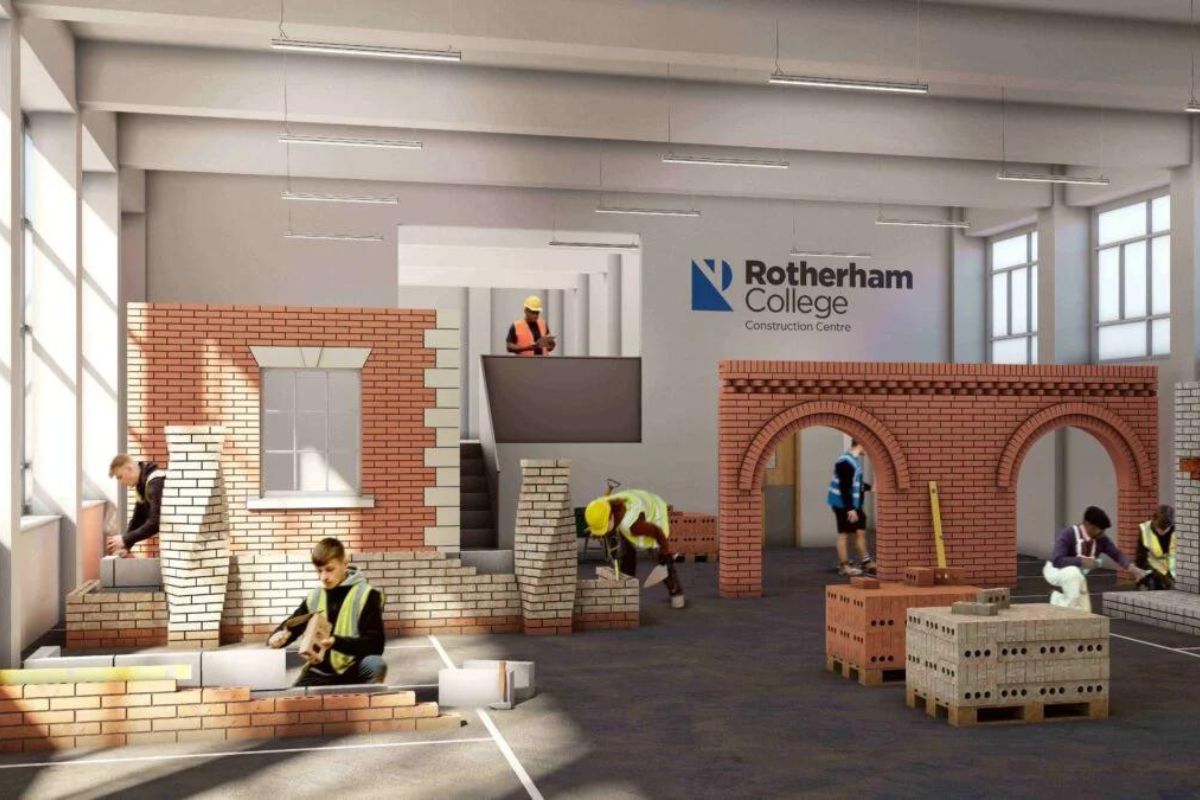What does ChatGPT mean for assessments worldwide?

John Kleeman looks at the implications of ChatGPT on the education industry and explores the future of assessments following the introduction of this new technology.
What is ChatGPT
Since its launch in November 2022, AI-powered chatbot, ChatGPT has already caused controversy, and intrigue, across the education sector.
The programme uses machine learning to simulate natural human conversation, capable of creating comprehensive written content based on a prompt – this can be anything from a question, a statement, or an instruction.
ChatGPT is one of a new wave of AI programs that’s capable of creating written or visual content based on a simple prompt. As a result, and as this technology becomes more mainstream, it is important to understand the potential implications and what it means for the future of assessments worldwide.
What AI means for education
AI capable of generating a thoughtful and well-written response has proved to be a cause for concern for educators as students now have access to a programme that can easily be used to cheat on exams or coursework. Posing a new risk to student learning and increasing, sadly, the chances of test fraud.
Reactions to ChatGPT across the education sector have varied wildly with some choosing to ignore it completely while others have gone back to handwritten homework and exams – neither of which will provide a long-term solution.
The one thing that is clear is that with so much uncertainty the education sector needs to act, and act fast, to be able to detect the use of AI technology within an education context.
What it means for the future of assessment
There is a unique opportunity for the education sector to revaluate their testing strategies and implement new, more effective ways to carry out assessment.
Before ChatGPT, there had already been criticism that the education system wasn’t testing skills relevant to the modern workplace.
For example, the ability to write an essay is, largely, not a required or sought-after skill by employers, instead skills such as critical thinking, problem-solving, or data literacy have had more value placed upon them in recent years.
This is not a new phenomenon; education has always had to change their ways of working in line with technology advancements and alongside, what skills are considered a priority in assessment. For example, arithmetic calculations are no longer a key focus in assessment following the introduction of the calculator. Assessments will have no choice but to change from what they are no to prevent them from becoming obsolete.
AI will be a driver for change
Workplace skills will always continue to evolve, and it is crucial to consider where they currently lie versus where they’ll be in five, 10- and 20-years’ time to ensure assessment keeps pace.
The introduction of AI to the mainstream will act as the key driver for change.
While the educational sector comes to terms with this new technology, systems need to be implemented to offset any potentially negative repercussions AI may bring.
My top tips for managing the introduction of AI into the assessment process would be:
- Look to introduce more variety in question types and ensure there is effective proctoring systems in place, for both in person and online assessments.
- Adopt different types of testing, such as observational assessments where test-takers can demonstrate their skills practically
AI is going to become commonplace in education and the workplace and if we are to protect the integrity of testing and proving knowledge assessment must evolve.
By John Kleeman, Founder of leading online assessment provider, Questionmark












Responses